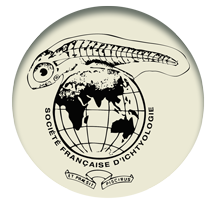The historic background and potential of sustainable small-scale fisheries and aquaculture in small islands: the case of Saint-Pierre and Miquelon
Fabrice Teletchea, fabrice.teletchea@univ-lorraine.fr
How to cite: Teletchea, F. (2022). The historic background and potential of sustainable small-scale fisheries and aquaculture in small islands: the case of Saint-Pierre and Miquelon. Cybium, 46(4): 425-438. https://doi.org/10.26028/CYBIUM/2022-464-008
Saint-Pierre and Miquelon (SPM) is a French territory located in the North Atlantic. As in the province of Newfoundland and Labrador (Canada), the fishery of the Atlantic cod (Gadus morhua Linnaeus, 1758) was the raison d’être of this small archipelago of about 6,000 inhabitants. At its peak, the fishing sector employed on average 140 fishers and 300 persons. With the collapse of the Northern cod stocks and subsequent moratorium in the early 1990s, soon followed by the international court decision allocating a very small Exclusive Economic Zone to SPM, both the SPM’s artisanal and industrial fishing fleets and fish processing plants were dismantled. Today, SPM lives mainly on a public sector employing about half of the labour force and funded from the French mainland. The background of the changes is presented, along with an argument for the development of a sustainable primary sector in SPM, which would be focused on fisheries, and the aquaculture production of high-value species, and the resulting export of high-end products.


